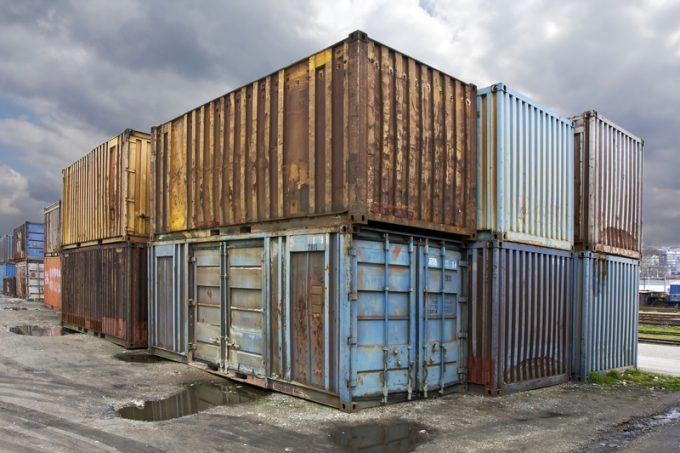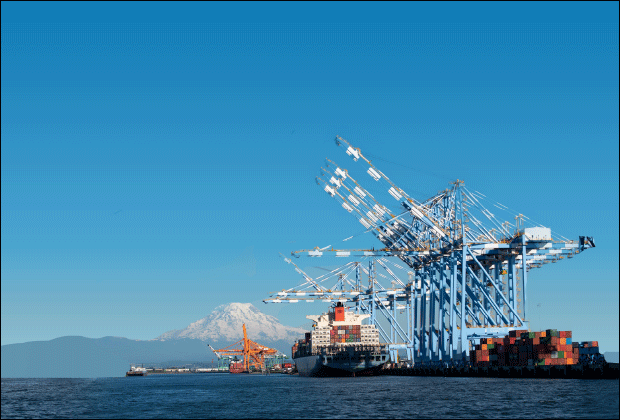
Freight forwarders have been warned about potentially huge financial losses and penalties if they continue to be attracted to handling what has become known as “freehand” or “free hand” container shipments.
Andy Robins, WCA customer services director, told The Loadstar that his organisation – a network of around 6,000 independent freight forwarders – had seen a growing number of cases where receiving forwarders had been left with enormous liabilities after a shipper or consignee, whose name was not on the documentation, had abandoned a shipment.
And the WCA network’s customer service department often sees trends that are a microcosm of wider issues affecting the freight forwarding industry.
In the case of freehand shipments, these tend to be CIF or FOB containers where for a small fee – typically $25-50 per shipment – the agent in the destination country will take control of the paperwork at the discharge port for the cargo to be released to the consignee.
However, if the consignee, for whatever reason, abandons the shipment the forwarder can be left with disproportionate liabilities.
“The receiving agent will normally earn a $25-50 handover fee for controlling the documentation, but it is their name on the master bill of lading [B/L],” Mr Robins said.
“The motivation is often more than the fee itself, of course – very often they get the opportunity to do the inland delivery from the port, or they may do it in the hope of winning new business. But they are leaving themselves incredible vulnerable, because the named shipper is liable if the cargo is abandoned.”
One recent case saw a container booked from Ho Chi Minh City to Delhi, with a WCA member collecting the delivery order. However, when the consignee never turned up, the forwarder was left facing a bill of $30,000 after demurrage and other costs continued to mount up while the agent searched for the consignee.
“The carriers do not care who the end-consignee is – they will go after the name on the B/L to recover their costs,” Mr Robins explained.
In another case, a consignee in Cambodia refused to collect a shipment of beer from Mumbai, leaving the local agent in Cambodia facing a bill of $9,000. And in another, after a container of contraband goods from China to Amsterdam was apprehended by Dutch customs, the consignee “completely disappeared, leaving the agent facing a bill of $15,000 for the removal and destruction of the goods, as well as the carrier charges”.
Sometimes the agent is able to cut a deal with the carrier, as happened when a container carrying Christmas decorations from China to Mexico was delayed, resulting in the goods missing Christmas and the consignee abandoning it.
“It took two years for this one to clear, but in this case the carrier allowed the agent to buy the actual container and waived the demurrage,” Mr Robins said.
And it is not always shipments being abandoned, agents can also be held liable to damage to the equipment.
One Malaysian agent cleared a shipment of marble from China, earning a $50 fee, only to be sent a $1,800 bill by the carrier a month later for container repairs. Damage to the box had been discovered which was concluded to have been caused by cargo movement.
Mr Robins said: “We have found the key indicators of freehand shipments that should ring warning bells about possible abandonment are: low-value cargo; second-hand machinery and heavy cargo, such as rocks.
“Our evidence shows agents taking on a huge potential risk in return for a very marginal fee, and we are urging our members to be very diligent on verifying the consignee’s credibility.
“Always do your homework on the consignee,” he said.





